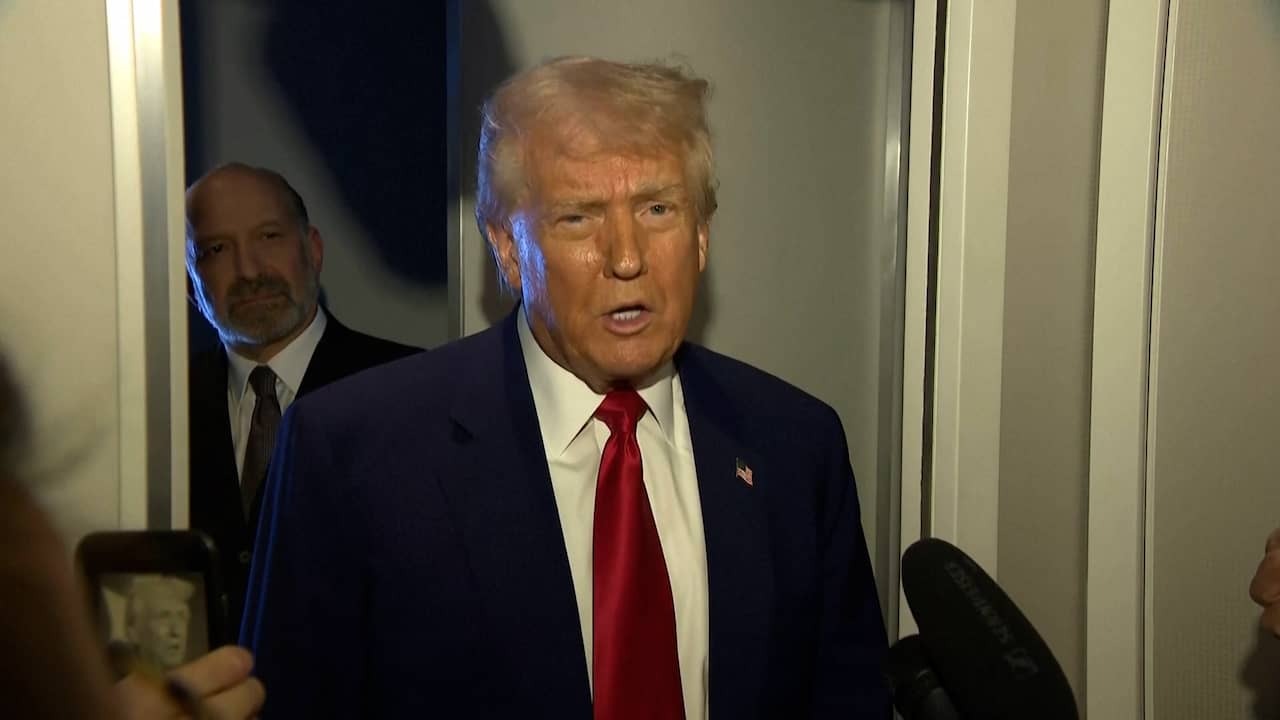
Elon Musk has resigned from his position at the Department of Government Efficiency (DOGE) on Wednesday night to Thursday (Dutch time). This means he no longer works for the American government of Donald Trump.
“Now that my time as a special government employee is coming to an end, I want to thank President Donald Trump for the opportunity to reduce waste in government,” Musk writes on X. The White House confirms the news.
It was already expected that Musk would stop. The billionaire was appointed for a 130-day mission to reduce government costs. That term ends around May 30. Earlier, Musk had already announced that he would “significantly” reduce his efforts for the DOGE task force to focus on his own companies again due to the plummeting profits of Tesla.
The department’s work will continue, the government says. “The DOGE mission will only become stronger as it becomes a way of life throughout the government,” Musk writes.
Musk on Tuesday strongly criticized a new tax and budget proposal from Trump. According to him, this leads to a rising budget deficit and undermines the austerity efforts of DOGE. Senior White House officials were not happy with those comments, which again prompted Trump to call for support for the package.
Unclear how much DOGE has yielded
DOGE was established with a presidential decree from Trump. With a small team, Musk has taken control of large parts of the government in recent months. Musk’s initial goal was to save 2 trillion dollars in government spending. But he quickly retracted that, saying that half of that would already be an “epic outcome.” The total government budget of the United States is approximately 6.8 trillion dollars.
Not much has come of that endeavor. Although the department has saved approximately 175 billion dollars, according to the DOGE website, experts are critical. For example, American media previously wrote that the amounts cannot be verified. AP also wrote that almost 40 percent of the contracts that DOGE said it was saving on do not yield any money for the government at all. Often, the amounts have already been spent by the companies or institutions to which the money was paid.
Under DOGE, the number of civil servants has been reduced by 12 percent, reports news agency Reuters. This amounts to about 260,000 fewer jobs, mainly due to pressure on civil servants to leave voluntarily, namely with severance schemes and early retirement.
